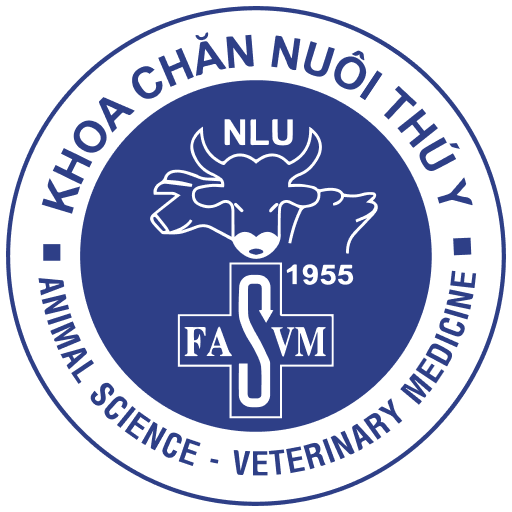Project overview :
The antimicrobial usage (AMU) for food-animals was documented to impact on public health [1]. Admission of colistin for animals has become scrutiny lately due to its reintroduction in human medicine to treat MDR Gram (-) bacterial infection. We reported the AMU in livestocks in Vietnam was around 6x higher than that of Europe and colistin was the 2nd highest use [2, 3]; and that 60% (48-71%) of farms and 25% (18-32%) of farm personnels were mcr-1–harbouring-bacteria carriers in cross-sectional study[ 4]. Colistin-resistant bacteria were detectable for several weeks in travellers who were colonised by the time they returned to home countries [5, 6].
The continual AMU on conventional farms, whose farmers commonly make experience- based decision on AMU, could be the selection presssure for persistent colonisation, in months, of AMR bacteria in farmers. Via previous study, we identified groups of cooperative-farms, whose farmers have responsibility to comply with both veterinarian provided- AMU management-system and the required withdrawal period at the end of production cycle. In this study we aim to investigate the impact of these farming practices on the prevalence of AMR bacteria and their persistency on humans and chickens associated with both farming systems.
Hypotheses (or research questions):
Reducing AMU in small farms in developing countries will require effective interventions. The introduction of an inorganic intervention for AMU reduction in small-scale farms in the rural provinces in developing countries may not be always successful. This could be attributed by the local resistance/ hesitation to assumedly radical changes, which were feared to lead to economic loss for farmers. Via previous social science study, we identified the existing of local farmers’ intention in reducing AMU on farms but not all would know where and how to commence. Identifying a locally existing and successful farming system with responsible AMU to recommend as an intervention would be an alternative to overcome this hurdle. However, scientific evidence is lacking for the impact of this farming system on AMR prevalence. We hypothesize that the current AMU management system on food producing animals in coupling with the compulsory withdrawal period, which are implemented in the locally existing cooperative farm system, will reduce the prevalence and persistent colonization of colistin resistant bacteria in chickens and farmers, in comparison to those of the conventional farms. That in turn would reduce zoonotic transmission/ sharing and familial transmission, if any, in farmer-households.
Overall aim
To examine if the farming practices in the cooperative farms will result to a lower prevalence of AMR bacteria and of its long-term carriage on animals and humans, in comparison to those from conventional farms.
NOTE: OUCRU DPhil projects may be tightly coupled to funding for students ordinarily resident in Vietnam/Indonesia.”


